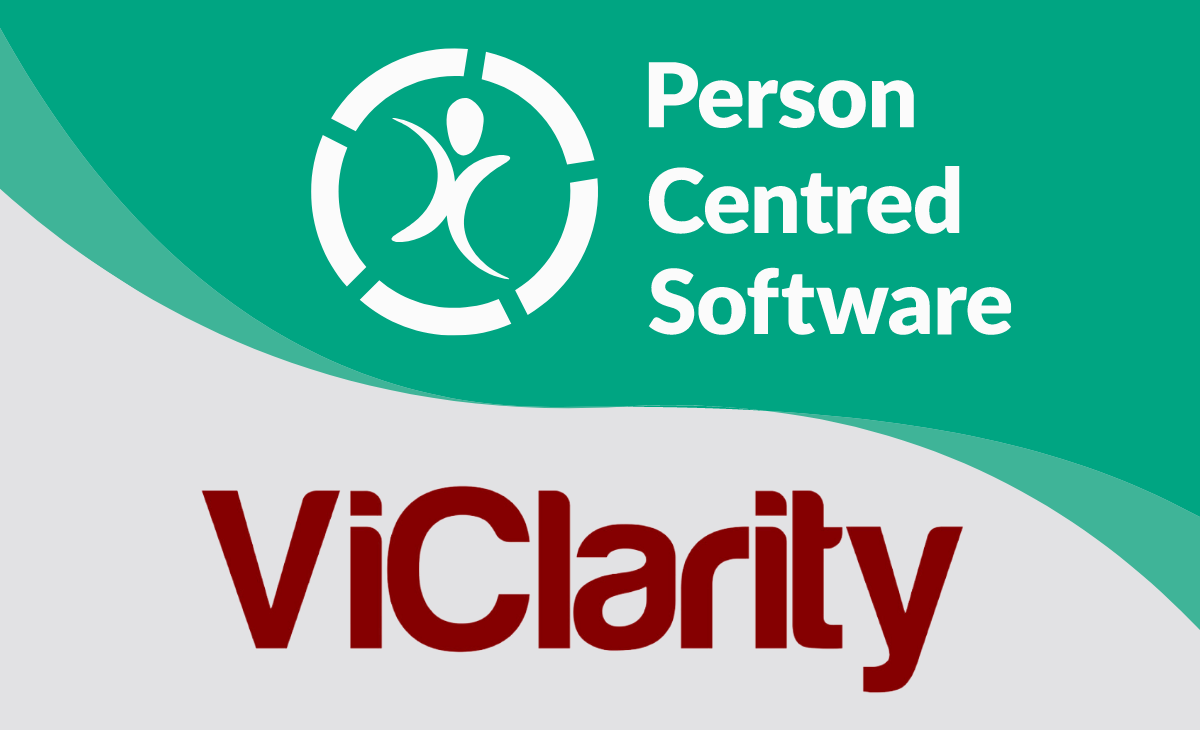
Published in Care Home Professional
Family-owned care business, the Graham Care Group, has reported a tenfold increase in documentation since implementing an innovative digital care management system that enables care staff to record care on-the-go.
The group, which has 7 services across Kent and Surrey, first began using Person Centred Software’s Mobile Care Monitoring 2 years ago after recognising its potential for helping the group on its digital transformation journey.
Initially using a desktop computer-based care management software, the group was encouraged to make the switch to Mobile Care Monitoring after searching for a solution that could allow care to be recorded more instantaneously.
Ernie Graham, owner of the Graham Care Group, explained: “We’ve always been keen to use the best tools that we have available, and in the past that has meant using the latest digital technology. More recently though, we wanted to implement a software system where care interactions could be recorded in real-time using handheld devices. That journey and that desire took us to Person Centred Software.”
Since switching to Person Centred Software’s Mobile Care Monitoring, the Graham Care Group has seen care delivery across its services revolutionised, with more time being spent with residents and access to more accurate data, which can be used to develop more personalised care plans for residents.
“The biggest change has been in enabling carers to record care as it’s delivered, rather than having to try to remember at the end of their shift what they did many hours before. That drudgery at the end of the day has been taken away, and we also get much more accurate records as the care happens,” Ernie said.
“These records are essential in helping us move towards a more personalised provision of care, away from the institutionalised approach fallen into previously.
In the past, with manual systems, care provided to each resident inevitably became pretty similar irrespective of their individual needs. With digital systems, we can get to know people much better and prescribe care that is far more individualised on a day-to-day basis. Hopefully, by being able to use the software in this way, residents lived experiences will be transformed.”
Since implementing Mobile Care Monitoring, the group has seen documentation increase tenfold, which Ernie has credited to the software’s ease of use.
“The software is really easy to use, and our staff love it, especially because the handheld device allows carers to record the care using icons and voice recognition as they go through the day. They’re so pleased they no longer have to sit behind a computer for a long period of time at the end of the day, trying to remember what exactly they’ve done. This has been a huge change for our care staff, and we’ve seen an uplift in documentation as a result. Our carers now acquire about 50 care notes per day per resident, whereas they used to acquire only about 5.
With this increase in data, we can get a much clearer picture of our resident’s days and their individual needs, whilst being able to evidence everything that we do for them. Being able to do this is invaluable from a CQC perspective too”.
As COVID-19 continues to impact the care industry, Ernie says that the software has also helped his homes maintain positive relationships with relatives by increasing transparency during lockdown.
“As one always says, openness builds trust. When a family member is physically removed from a vulnerable resident, it’s so reassuring for them to see how the care is being provided. Relatives really value being able to directly access the daily lives of their loved ones in real-time, simply by logging in to the Relatives Gateway on their phones or computers at home. It’s really benefitted residents too by enabling their family members to have regular contact with them and it’s been very well received,” Ernie said.
Advising homes still using paper documentation, Ernie said: “Care homes that continue to use paper are exposing themselves to really high risks. Not only are they going to find it incredibly difficult to evidence care and to assess each resident’s individual needs, but it’s also going to be really difficult for them to demonstrate compliance to regulators as well as to relatives, family members and other professionals.
If you don’t digitise, you’ll be living in the past. It’s a no brainer. The biggest challenge of all is enforcing that transition. Once you’re over the barrier though, you won’t look back,” Ernie concluded.
Jonathan Papworth, CEO and co-founder of Person Centred Software, said: “It's fantastic to see such a positive result from the implementation of our software. Ease of use is a huge factor in encouraging homes to go digital, and it’s clear that the Graham Care Group has really taken to our offering. Being able to record the minutiae of daily interactions plays a large part in the provision of quality care and it really is wonderful to see it making such a difference.”







.webp?width=80&height=80&name=HTD%20Awards%202023%20Badge%20(4).webp)














